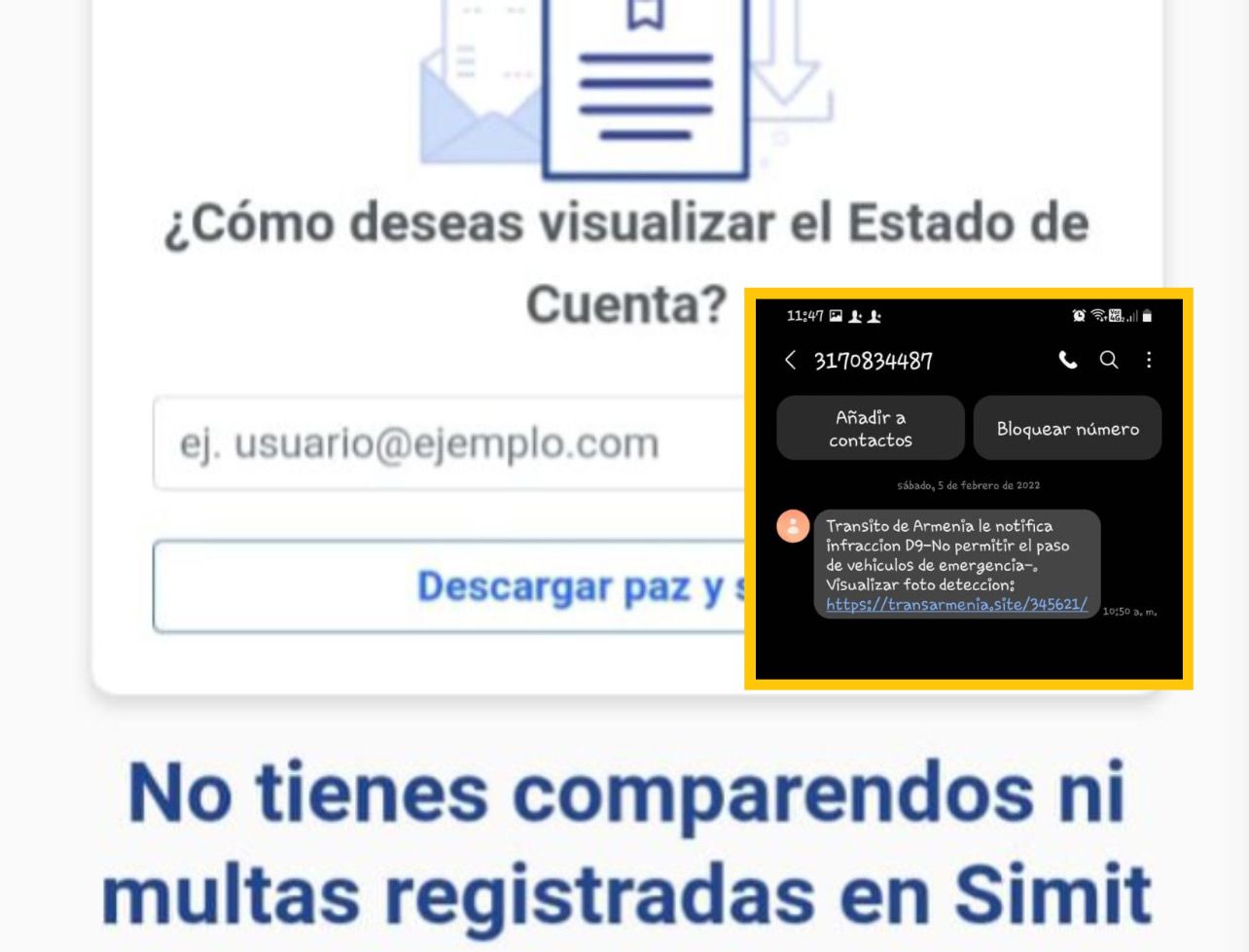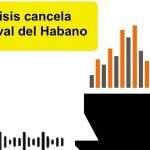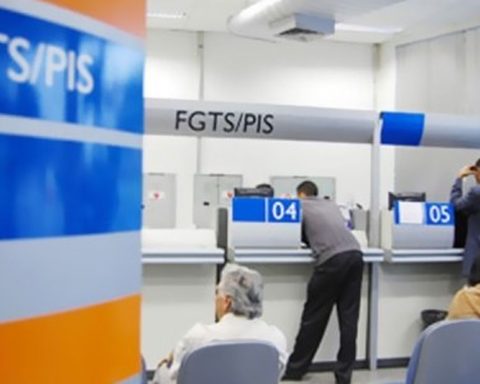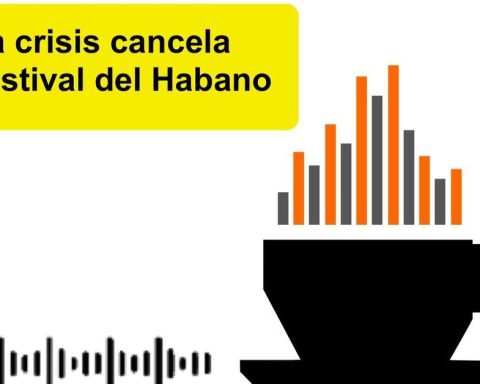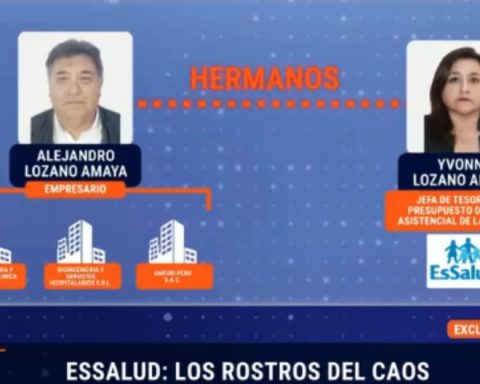Although for many it is a matter of laughter because they already know about these modalities, in the country there are people who continue to fall for the scams that arrive through text messaging and WhatsApp.
Colombia News.
In Colombia, due to the complaints, it was known that during the last two years scams have skyrocketed and despite all the information circulating asking citizens to be careful with the messages that reach them through WhatsApp, virtual messaging and that are found on social networks , many people continue to fall, and pay.
They defraud Colombians with tourist packages, job offers, prizes, family or friend accidents, and much more.
He has a fine, he won a car, or the well-known strategy: “Receive me a suitcase with 95 thousand dollars.”
This is how it happened to a woman from Cali last Friday (although she did not fall for the trap):
In this case, until now the authorities have not explained how the scammers manage to steal WhatsApp photos to put them in their statuses and write to people. Even more How do they stay with their contacts?
For some cases it has been confirmed, that it is due to information theft when people open suspicious links.
And it is that many scams swarm in WhatsApp groups that people are forwarding without verifying the information that arrives.
Please! Do not reply to any message or open any link sent to you by WhatsApp
Messaging through WhatsApp, e-mail, Facebook messenger; Instagram and other networks, as well as text messages with a link, are a double-edged sword if they are not handled well.
Not for nothing, in Colombia reports, complaints and claims for credit applications, mobile phone plans have skyrocketed; Internet and other services that have been taken out by third parties, stealing information from people when they enter links, call numbers that reach them by text message, WhatsApp or answer misleading calls.
In addition, they are taking credits, products and services in their names.
A woman in Cali received several messages on her cell phone, in which they indicated a supposed sanction. “I have her motorcycle, but I have never gone to Pereira with her and I have not lent it either.” That served as a bell and she did not open the link.
With your ID number He went to the Simit page and verified: He has no sanctions.
He was saved from having his information stolen, or from some other type of scam.
Others have not been careful and under the pressure of so many messages, they end up entering those links and even giving personal data.
In addition, the messages are also to ‘announce’ that the person won a supposed prize, that there is a vacancy available, that they can work from home and many more.
People should be alert to these types of messages.
Messages of this type arrive on cell phones all day.
Millions of data in digital databases
The other dilemma for citizens is that their telephone numbers, personal data and even their ID numbers roll in the databases of banks, businesses, stores and telephone operators.
Who controls how these millions of pieces of data are handled?
- Why, if your line belongs to one operator, do they call you from another to offer you products and services?
If this happens, you must remember how and to whom you give your information, when you walk down the street and they ask you for a survey, or go in to ask about a service. The so-called ‘fine print of the contract’.
The so-called marketing and commercial strategies are a “double-edged sword”, warn specialists, in many entities they do not give information if a record is not first made with at least basic data and the signing of a “responsibility and acceptance” format.
There, your data is already there, and it remains even if you are denied credit, or the product or you finally do not access it.
In addition, the other problem is the leaks to public entities, company pages and social networks.
check
Despite the constant complaints about this type of scam and theft, there are few catches, they are difficult to track.
The main call of the authorities is that citizens try to verify the messages that reach them, with their banking entities, operators, stores from which they are supposedly called.
Do not give your identity card number, or address or respond if you have not been able to verify that it is the official entity that is communicating with you.
For example, most transactions are made with a general code through wire transfer companies, or an official bank account, not depositing to individuals.
Unless it is a credit with individuals and you, be clear about that.
In those cases, for example, it applies to pay the fees.
stay alert
If you have not requested changes of number, plan on your phone, any product in a bank, you do not have to provide personal information.
If it is from an entity that calls to offer you other products, different from the ones you have, they must tell you what your personal data are and you decide whether to confirm them by phone or not.
